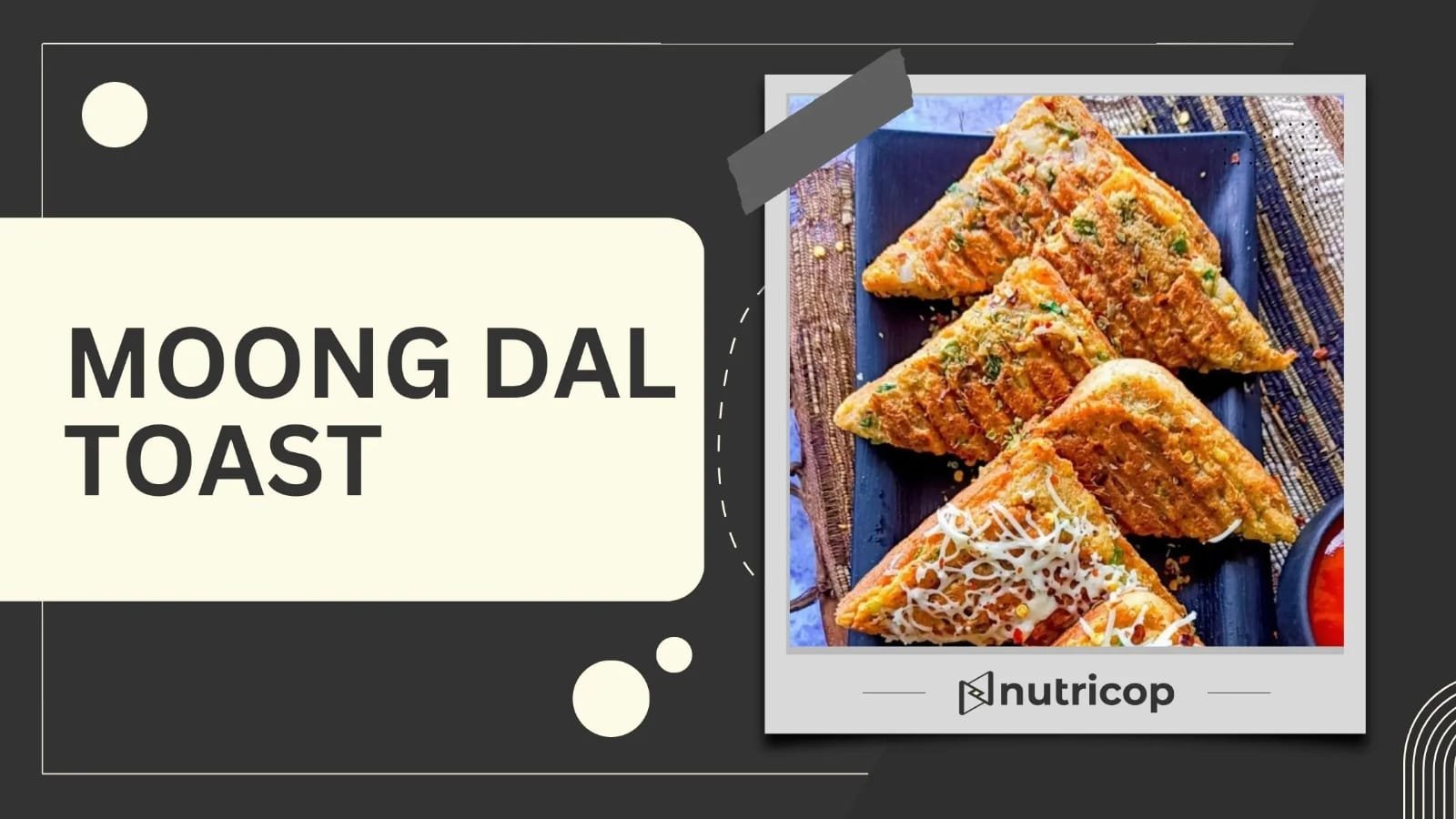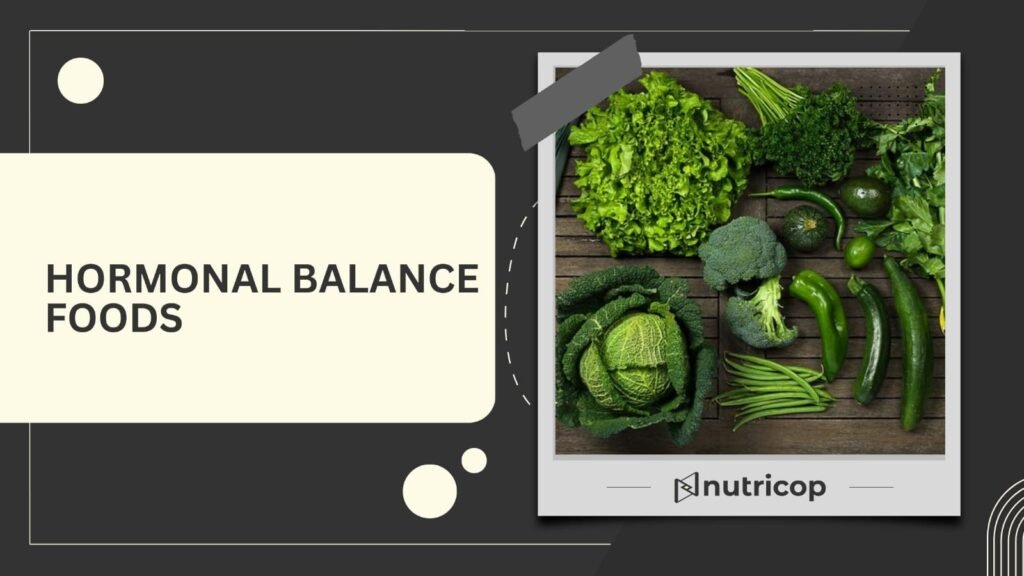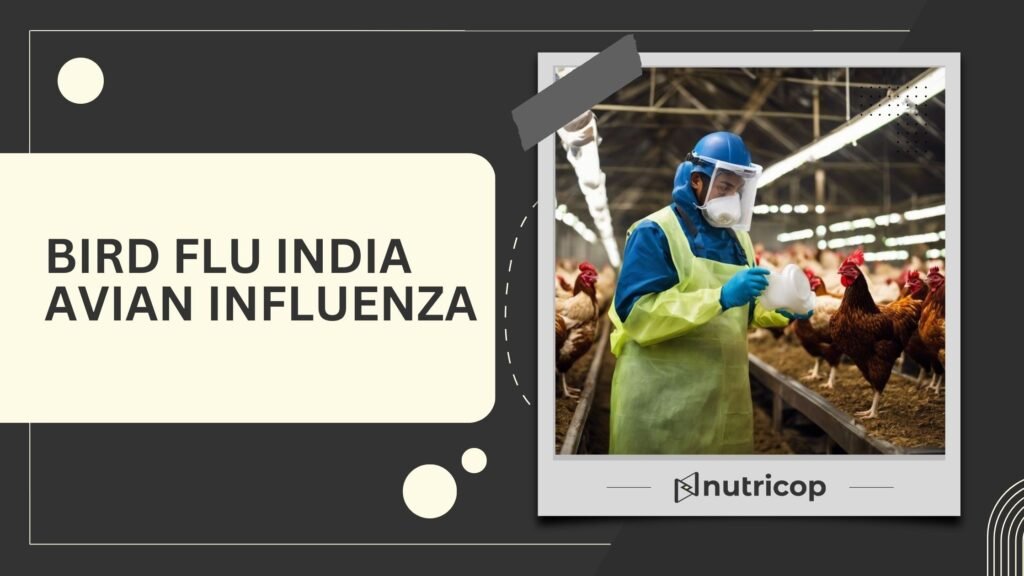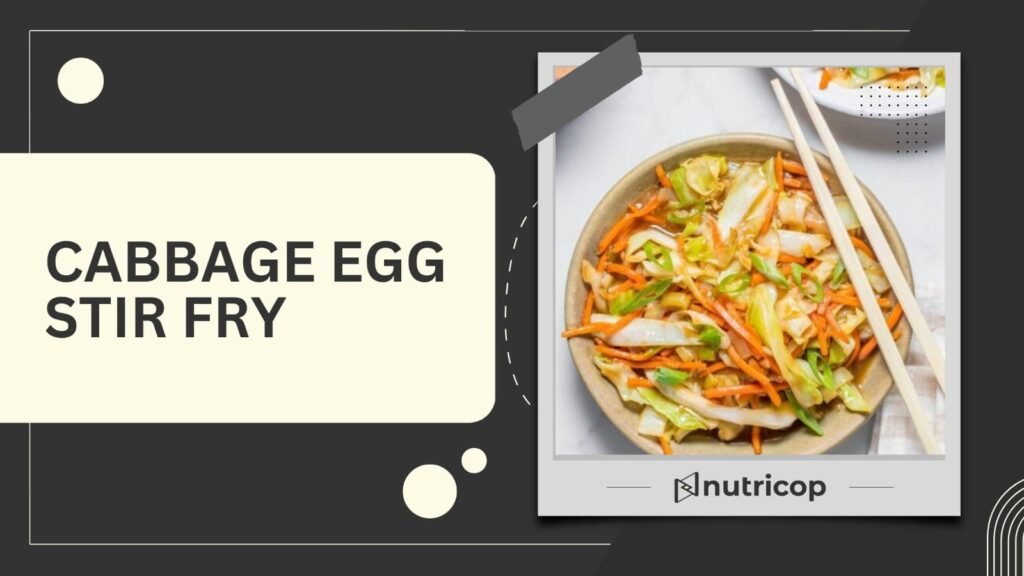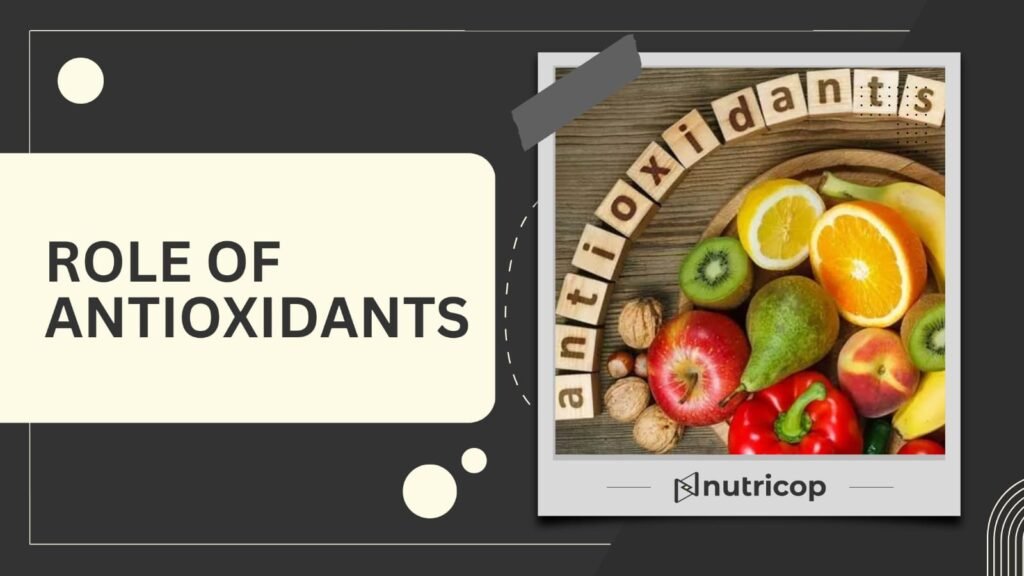Moong Dal Toast Recipe: A High-Protein Indian Snack for Weight Loss and Health
When it comes to healthy eating, Indian households have always been a treasure trove of nutritious recipes. One such underrated gem is Moong Dal Toast recipe. Packed with protein, fiber, and essential nutrients, this simple yet delicious dish is a perfect addition to your breakfast or snack menu. In this blog, we’ll dive into the step-by-step recipe, the nutritional breakdown, and the health benefits of this easy-to-make toast.
So, if you’re searching for a high-protein breakfast for weight loss, a quick healthy Indian snack, or a fiber-rich recipe, read on!
Why Choose Moong Dal?
Moong dal (green gram split lentils) has been a staple in Indian kitchens for centuries. Scientifically known as Vigna radiata, moong dal is highly valued for its nutrient density.
Rich in Protein: With 24g of protein per 100g, moong dal is a great vegetarian source of protein, essential for muscle repair and maintaining satiety.
Low Glycemic Index (GI): Moong dal has a GI of around 29, making it ideal for diabetics. It prevents blood sugar spikes and keeps energy levels stable. The high fiber content aids in digestion and helps prevent constipation medicalnewstoday.com
Loaded with Micronutrients: It’s an excellent source of iron, magnesium, potassium, and vitamins like B-complex, which boost metabolism and energy levels.
Gut-Friendly: Moong dal contains resistant starch, which acts as a prebiotic and promotes gut health.
Moong Dal Toast Recipe: Quick and Healthy
Ingredients (Serves 2)
Moong dal (yellow split) – 1 cup (soaked for 4 hours)
Whole wheat bread slices – 4
Chopped onion – 1 medium
Chopped tomato – 1 small
Grated carrot – 2 tbsp (optional)
Green chilies – 2 (finely chopped)
Coriander leaves – 2 tbsp (finely chopped)
Cumin seeds – ½ tsp
Turmeric powder – ¼ tsp
Salt – as per taste
Black pepper – ½ tsp
Ghee/olive oil – for toasting
Step-by-Step Moong Dal Toast Recipe
- Prepare the Moong Dal Batter
Drain the soaked moong dal and grind it into a smooth batter using 2-3 tbsp of water.
Add chopped onion, tomato, grated carrot, green chilies, coriander leaves, cumin seeds, turmeric powder, salt, and black pepper to the batter. Mix well.
- Spread the Batter on Bread
Take a slice of whole wheat bread and spread a thick layer of the batter evenly over one side.
- Toast the Bread
Heat a non-stick pan and add 1 tsp of ghee or olive oil.
Place the bread butter-side down and cook on medium flame until golden and crisp.
Flip the bread and toast the other side for 1-2 minutes.
- Serve Hot
Serve your moong dal toast with green chutney or low-fat yogurt for a wholesome meal.
Nutritional Breakdown of Moong Dal Toast Recipe
Here’s a quick nutritional analysis of one serving (2 slices of moong dal toast):
Calories: ~180 kcal
Protein: ~12 g
Carbohydrates: ~25 g
Dietary Fiber: ~4 g
Fats: ~4 g
Iron: 10-15% of daily recommended intake
Vitamin B Complex: Abundant in thiamine and niacin
Now, let’s break this down into why each component is beneficial for your body.
Protein Powerhouse
Moong dal is a complete plant protein, containing essential amino acids required for muscle repair and growth. Each 100 grams of moong dal provides around 24 grams of protein. When paired with bread (a source of methionine, an amino acid that moong dal lacks), the combination becomes a complete protein meal, similar to what you’d get from animal-based proteins.
For vegetarians, moong dal toast is a fantastic way to meet their daily protein requirement, especially if you’re into muscle-building workouts.
Low on Calories, High on Satiety
Despite being nutrient-dense, moong dal toast is surprisingly low in calories, making it a great option for weight management. The fiber content in moong dal slows down digestion, keeping you full for longer.
According to a study published in the American Journal of Clinical Nutrition, diets high in fiber are directly linked to reduced hunger levels and improved weight loss outcomes.
Rich in Iron and B Vitamins
Iron is critical for preventing anemia, and moong dal toast provides a good dose of non-heme iron. Pair it with a vitamin C source like lemon juice or a tomato-based chutney to enhance iron absorption.
Additionally, moong dal is rich in B vitamins like folate and niacin, which are essential for brain health, energy production, and red blood cell formation.
Gut-Friendly and Easy to Digest
Moong dal contains resistant starch, a type of fiber that acts as a prebiotic, feeding the good bacteria in your gut. A healthy gut microbiome not only improves digestion but also boosts immunity and mood.
Moreover, moong dal is one of the easiest legumes to digest, making it ideal for people with sensitive stomachs or those recovering from illness.
Gluten-Free and Versatile
If you’re gluten-intolerant or have celiac disease, you can easily substitute regular bread with gluten-free options like millet bread or rice bread. The moong dal batter itself is naturally gluten-free, making this dish a safe and nutritious choice for everyone.
Health Benefits of Moong Dal Toast Recipe
- Aids in Weight Loss
Moong dal is low in calories and high in protein, making it a weight-loss-friendly food. Protein increases thermogenesis (calories burned during digestion) and keeps you full for longer.
- Supports Heart Health
The fiber and potassium content in moong dal helps regulate blood pressure and cholesterol levels, reducing the risk of heart diseases.
- Boosts Immunity
Moong dal is rich in antioxidants like flavonoids and phenolic acids that help fight free radicals and reduce inflammation.
- Improves Digestion
The dietary fiber in this recipe prevents constipation and promotes healthy digestion.
- Balances Blood Sugar Levels
The low GI and resistant starch in moong dal ensure a slow release of glucose, making it an excellent choice for diabetics.
FAQs about Moong dal toast recipe
- Can I use green moong dal for this recipe?
Yes! Green moong dal can be used, but you may need to soak it a bit longer for a smooth batter.
- Is moong dal toast good for weight loss?
Absolutely! The combination of protein and fiber keeps you full, preventing unnecessary snacking. Pair it with a low-calorie side dish for a complete meal.
- Can I make this toast without bread?
You can use alternatives like multigrain roti or oats pancakes for a gluten-free option.
Conclusion
If you’re looking for a quick, healthy, and protein-rich snack, moong dal toast recipe is a winner. It’s versatile, easy to prepare, and packed with nutrients that support weight loss, gut health, and overall well-being. Plus, the ingredients are budget-friendly and easily available in most Indian households.
By following this recipe and understanding its health benefits, you’re not just cooking a dish—you’re investing in your health. So, why wait? Try this high-protein Indian toast recipe today and share your feedback in the comments!
Remember, small changes in your diet can lead to big health transformations. Stay tuned to Nutricop for more such recipes and tips!
Struggling with weight management or digestive troubles? Let Nutricop’s specialists create a personalized meal plan tailored to your needs—designed to enhance metabolism, nourish your body, and keep you energized! Contact us now!

